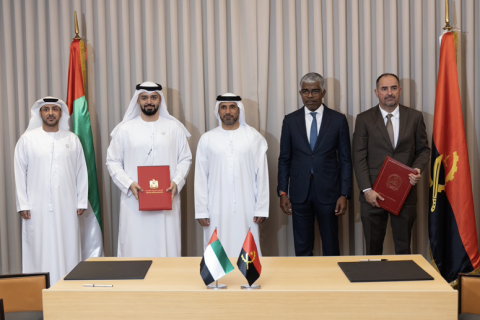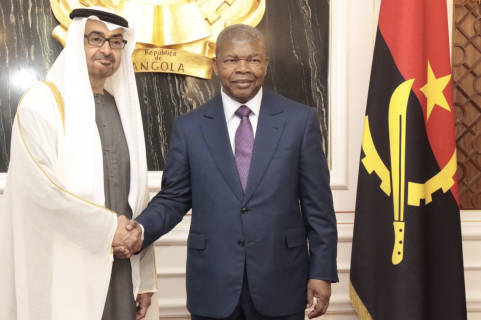According to Angop, Edson Baptista received a Pass with Distinction grade from the University of Coimbra (Portugal), earning this degree and establishing himself as one of the few African geoscientists specializing in natural radioactivity.
According to the Angolan, this is a "demanding" scientific field that is still underexplored on the African continent. For this reason, Angola stands out as a pioneer in the application of a specific technique to simultaneously measure the agglomeration of radioactive noble gases, primarily radon and thoron, in enclosed spaces.
These studies are fundamental for understanding and preventing diseases linked to prolonged exposure to natural radiation, especially respiratory diseases, such as lung cancer, said Edson Baptista, quoted by Angop.
In his view, this represents not only an academic benchmark, but also a sign of hope for public environmental health policies in the country and on the African continent, at a time when the dangers related to natural radioactivity are beginning to be recognized.
At 44, the Angolan has an exemplary academic record: he holds a master's degree in Spatial and Environmental Planning, with a specialization in Hydrogeology, from the University of Coimbra, as well as an executive master's degree in management from AgroParisTech at the Campuses University in France.
He has now earned a doctorate, with distinction as the first PhD in radioactivity in Angola and the first reference in Africa on natural radiation, despite some physicists specializing only in radon gas.
According to Angop, the Angolan also serves on the Board of Directors of the Huíla Provincial Water and Sanitation Company, holding the position of executive administrator for the technical area.
Going beyond national borders, the academic has also distinguished himself abroad, publishing articles in scientific journals such as the Journal of Environmental Radioactivity (Elsevier) and Environ Geochemistry and Health (Springer).







